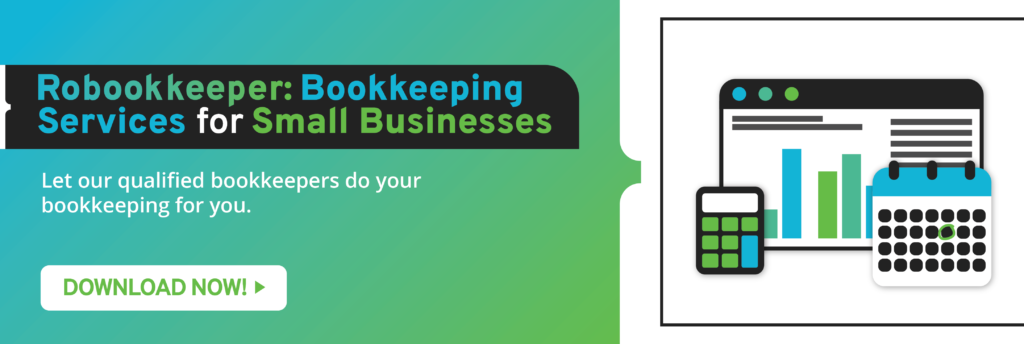Your business needs all the resources you can give it so that it can reach its full potential. You’ll need to maximize your resources and increase revenue without sacrificing product and service quality. One way to achieve this is to create and follow a business budget. The latter allows you to monitor where your money goes, the amount you need to pay for operational expenses, and the projected profit you need to make.
Here are some tips you can follow to improve your business budget.
Use Current Financial Data
Some entrepreneurs make the mistake of budgeting and strategizing using old data. They use data that is months or years old. This makes it difficult to make real-time business decisions that have a short or long-term effect on profitability and operations. You’ll need updated financial data to inform your decisions. Consider syncing your transactions on a weekly or daily basis. This allows you to use the latest information about the financial position of your company. You’ll have an overview of your expenses and how much cash you can currently spend.
Break Down Your Budget
You might be viewing your budget at a macro level. This approach works but it doesn’t show you the inflows and outflows of cash your business occurs on a regular basis. Keep your macro level budget but create smaller chunks of it whenever you allocate resources. This allows you to monitor cash flow for operational expenses, investments, and accounts payable. It also provides you with an overview of your business’ short-term financial situation.
Consider Outsourcing Work
You might be considering hiring in-house or outsourcing. Both have their pros and cons, but outsourced service providers offer you a cost-effective solution. Learning a new skill takes resources you could direct to other aspects of your business or investing in the growth of your employees. Outsourcing certain tasks like bookkeeping allows your employees to work on profitable tasks within their area of expertise and experience. This eliminates or reduces mistakes and boosts productivity and efficiency. Outsourcing is a tried and tested strategy that businesses have been using over the years. Look for a company that has experience in your industry or takes work that you want to outsource.
Utilize Rolling Budgets and Forecasts
Once you start using current data and break down your budget into small chunks, you’ll have more flexibility when you create a budget. Create a rolling budget and forecasts to have a buffer against unexpected situations such as a pandemic or a recession. This allows you to maintain a certain amount of cash you can use when an unforeseen event occurs. A rolling budget and forecast accounts for your current financial situation. This keeps your business operational despite substantial drops in revenue, loss of employees, or a shift in consumer behavior in your niche.
Modify Your Budget to Fit Your Strategy
At the start of your business, your budget will focus on maximizing profits or at least breaking even. As your company grows, your strategy diversifies to account for further growth, investments, and catering to a bigger customer base. Your budget should also adjust to your company’s plans. Include your business budget in your strategy meetings. The amount you allocate should match your monthly, quarterly, and annual plans. Align modifications with the rolling budget you create. This provides your company with flexibility to meet its operational needs from month to month.
Improve Communication
Communication plays a vital role in getting your team to accept the budget you create. Discuss the reasons behind the resources you allocated for projects, campaigns, expansion, operations, and other aspects of your business. Define your goals to them in a clear way. Mention possible modifications and challenges based on your overall strategy. Document each phase of budgeting and consider the feedback each member of your team provides. They might have insights about the resources they need for the tasks you want accomplished.
Consider a Different Method for Budgeting
You might already be using a certain method for budgeting. However, you might consider other methods to determine what works best for your company. One method to consider is activity-based budgeting. This approach works backward from an objective you established to make a budget to achieve it. Value proposition budgeting assigns a budget depending on the value it brings to your business whether it’s a department or activity. In zero-based budgeting, you start from zero and must justify the expense and resources allocated before you disburse funds.
Create Backup Plans
You always hope for the best whenever you create and implement a plan. However, your business might encounter unforeseen circumstances and challenges in your budget. Be flexible and make plans B and C. Your plan B or C should have different budget plans and futures in mind. Consider all possible positive or negative scenarios your company might experience. Prepare solutions you plan to implement when such situations occur. Determine amounts you’re willing to allocate when a certain challenge or crisis arises.
Assess Your Expenses
Improve your business budget by assessing your expenses. Fixed and variable costs can drain your cash and limit your financial flexibility. It’s possible to reduce both costs without sacrificing the quality of your service. You might want to consider reducing office space size or move to a more affordable address. Look for suppliers closer to your warehouse or customer base to cut down on shipping and storage fees. Review your utilities expenses and look for ways to save money. You might not need that expensive tool or subscription when you can find a cheaper but similar option.
Review Your Cash Flow
It’s in your interest to know your business’ cash flow. Your company might be generating revenue but if you mismanage your cash flow, you won’t be able to sustain profitability. Monitor the inflows and outflows of cash. Are you liquid enough to pay for bills, expenses, and other due payables in the short or long-term? Consider these factors when planning your budget. These tips provide you with insights into improving the way you manage your business’ resources. If you need assistance with bookkeeping, we at Robookkeeper can assist you. We offer first-rate and reliable virtual bookkeeping services.



